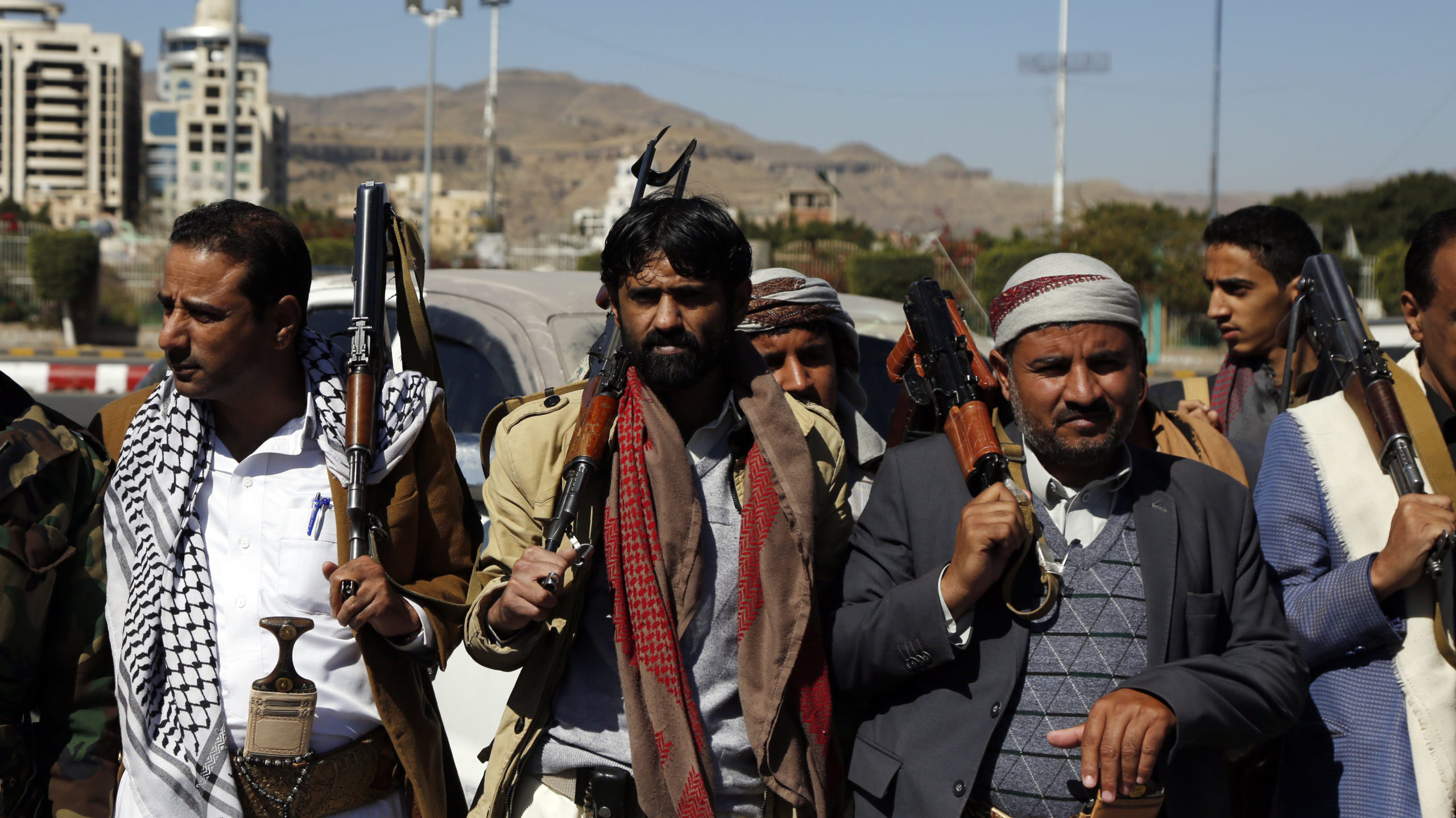Deterrence and Legitimacy: Houthis After Israel’s Cabinet Strike
In her dispatch, Giorgia Valente reports that Israel’s targeted strike on Yemen’s Houthi leadership aimed to do more than answer cross-border fire—it sought to hobble a governing machine. Israel eliminated senior figures from the group’s civilian-military cabinet, trying to degrade command, logistics, and day-to-day management. The Houthis, part of the self-styled “axis of resistance,” answered with days of drone launches, including one that penetrated the perimeter of Ramon Airport near Eilat—limited damage, big psychological shock after a previous near miss at Ben Gurion.
Italian journalist Laura Silvia Battaglia calls the strike “a big blow,” yet says the movement’s core—clan networks and the Abdulmalik al-Houthi inner circle—remains intact and may even be more consolidated. Ari Heistein of the Institute for National Security Studies argues the truth lies between decapitation and symbolism: the attack deepens fissures in a troubled regime while creating new dilemmas for its leaders. He reads the Ramon hit as a tactical success based on an evasion method, not a tech leap—something Israel can study and counter.
This holiday season, give to:
Truth and understanding
The Media Line's intrepid correspondents are in Israel, Gaza, Lebanon, Syria and Pakistan providing first-person reporting.
They all said they cover it.
We see it.
We report with just one agenda: the truth.


Both experts see the Houthis pursuing two goals: deterrence abroad and legitimacy at home. Iran is the backbone. Heistein says Houthi factories still rely on Iranian ballistic-missile components and drone parts, a dependence documented by UN monitors, even as the group pushes to localize production. Battaglia adds that continued smuggling through Yemen’s coasts sustains the arsenal.
Jerusalem signals retaliation; the Houthis project staying power. The question, Valente suggests, is whether targeted killings can deter an organization that thrives on defiance and spectacle while leaning on Tehran’s supply lines. For the tactical details, competing assessments, policy stakes, evolving timelines, and where the confrontation is trending next, read the full article by Giorgia Valente.

